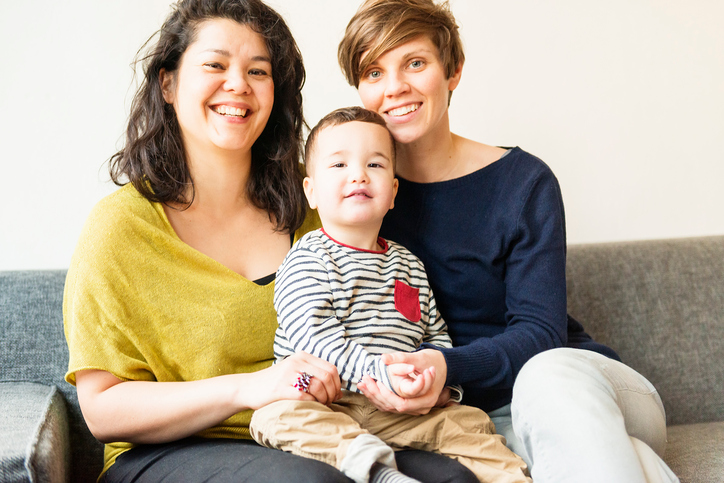The University supports and encourages the use of flexible working practices, in order to enable employees to care for dependants or to strike a better balance between their work and family life. A flexible working arrangement can be any working pattern other than the normal working pattern in your department and may be a formal or informally agreed arrangement, and may be a temporary or permanent change to your contractual terms.
Examples include part-time working, requesting additional annual leave, compressed hours, or homeworking. Any member of staff who would like to consider flexible working arrangements should discuss the matter with their departmental administrator or equivalent, in the first instance.
Find out more about Flexible working
Back to top



